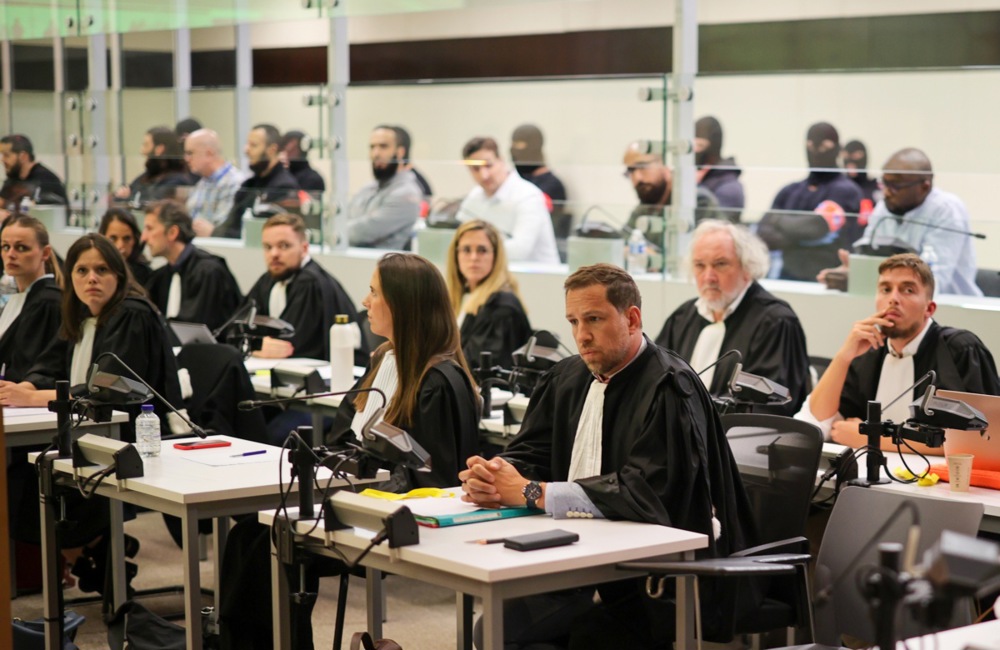The European Court of Justice (ECJ) has ruled in favour of the Belgian Government banning religious symbols in the workplace in an apparent effort to create a “neutral environment”.
The court said that the ruling should apply to all such symbols and could not be used single out any particular religion.
The decision follows a case involving a headscarf prohibition in the Belgian municipality of Ans.
An Islamic municipality employee had taken the case to court because she was not allowed to wear her headscarf.
The woman was an office manager who had little interaction with the general public or residents at work. The town imposed a ban on all religious and ideological symbols in its employment regulations for staff.
The woman claimed that meant she was the victim of discrimination and that her freedom of religion was being compromised.
The local labour court said there was possible indirect discrimination and asked the ECJ if the municipality’s strict neutrality policy was in line with European Union law.
On November 28, the ECJ said there was no discrimination, adding that governments can ban religious symbols.
#ECJ: Wearing #religious symbols at work – A public administration may decide to prohibit all of its employees from wearing such signs ? https://t.co/ATb3CgbPxg
— EU Court of Justice (@EUCourtPress) November 28, 2023
“Equally justified is another public administration’s choice in favour of a policy authorising, in a general and indiscriminate manner, the wearing of visible signs of beliefs – philosophical or religious in particular – including in contacts with users, or a prohibition on the wearing of such signs limited to situations involving such contacts,” it said.
“Each Member State, and any infra-State body within the framework of its competencies, has a margin of discretion in designing the neutrality of the public service which it intends to promote in the workplace, depending on its own context,” the ECJ ruled.
“However, that objective must be pursued in a consistent and systematic manner, and the measures adopted to achieve it must be limited to what is strictly necessary.”
It is for national courts to verify that those requirements are complied with, it said. This means the labour court in Belgium will now have to make a final decision in its case.





